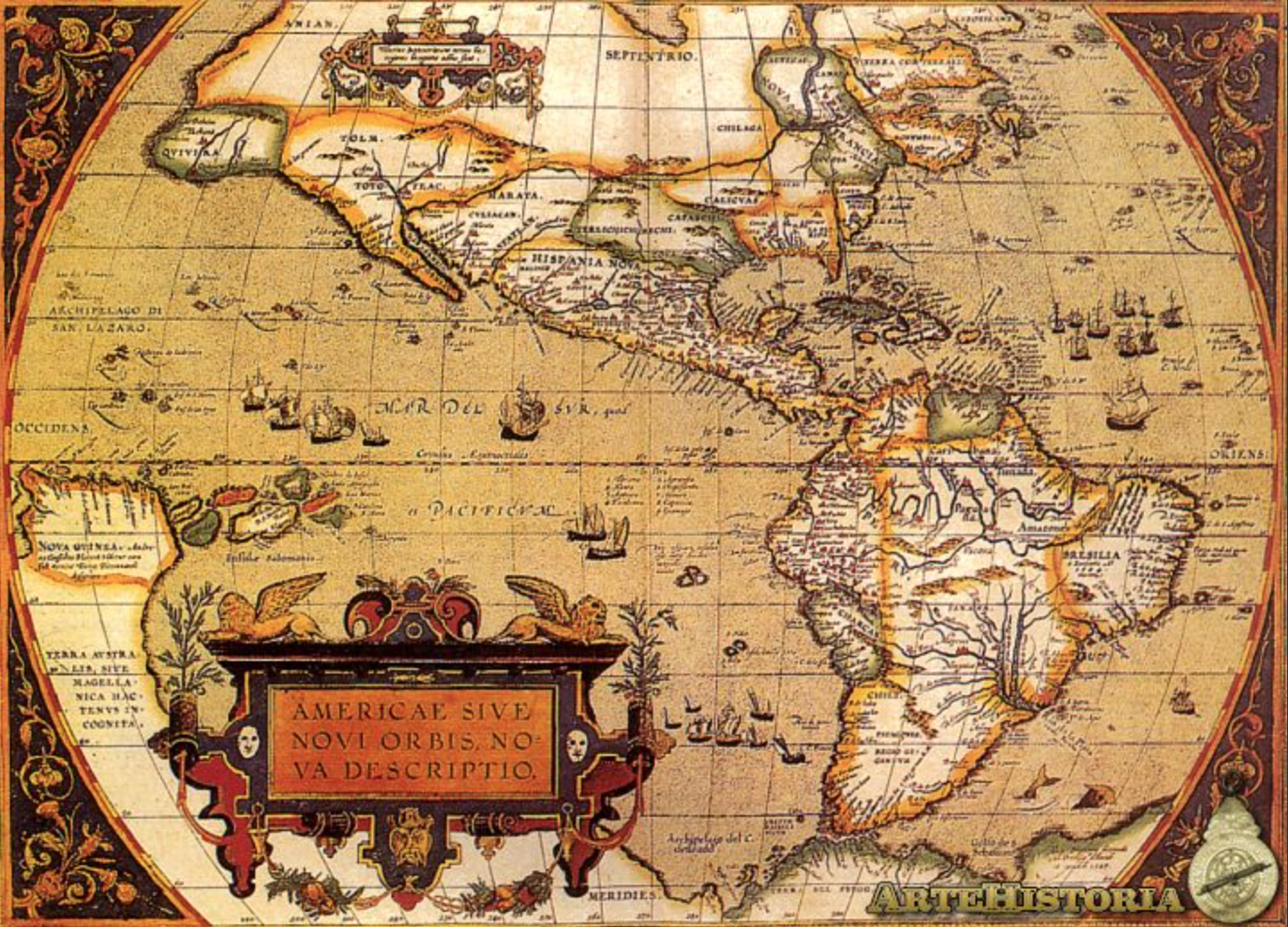Latin America is not a fairy tale, but Vladimir Propp and his “Morphology of the Story” can help us understand why a certain type of flat narrative is gaining ground among informants, experts, and analysts as a way to explain what is happening in the region. It is a circular narrative that resorts to clichés that are joined by very broad strokes that prevent us from seeing the diversity and complexity of the causes of the regional problems. Above all, it discards all information that contradicts the very personal preferences of the authors. It is camouflaged in a kind of sense of “should be”. So much so that even those who claim to be objective from “journalism based on data” do not fail to fall into the same trap of omitting information that generates cognitive dissonance, or simply using the appropriate framing to make their “numbers” fit their vision of the world.
Without getting into the 31 functions that Propp found in Russian narratives, in many of the informative or opinion stories about Latin America I have identified at least three elements that I explain below that can go together or separately: utopia, caudillo (political leader), and/or deception.
Being a territory of utopias seems to be fitting since we were the New World that inspired Thomas More himself. In the 20th century, utopia took on the form of Revolution with Cuba, an island like Moro’s England, being the proof that another world was possible and that only people like Fidel and Che were needed to achieve it. Chiapas was the swan song of Latin American revolutionary utopias, a rich process that had as its epilogue the Kafkaesque transformation of Subcomandante Marcos into Durito (a Mexican flour snack). The “shifts to the left” that are currently happening in the region are the utopias of the 21st century. In each new election, they look for the leftist candidate who will lead the process that will ultimately solve the deep national injustices, hoping that the same process, which they assume will be successful, will extend itself to the whole region. Thus, these steps mark the way to overcome global neoliberalism.
For some, it is not enough that leaders and organizations participate in elections seeking to implement transformations and policies that reduce poverty or break structures of inequality. They will always look for signs that show that “this time it will be the definitive solution”. The problem is not that a utopian ideal indicates the meaning of change, but that many times these desires respond more to the dreams of certain elites than to actual social demands.
The caudillo is the facilitator of a utopia and carries the wishes of the people, embodying the mystique, the epic, and the lyric of a plebeian mass that is closer to Galeano’s characters than to real citizens. To this end, informers, experts, and analysts grant the caudillo, whether he has them or not, natural, or supernatural virtues and gifts, such as the intellectual ability for heroism, that empower him to transform the course and destiny of all. In return, these gifts make them worthy of devotion. However, these stories always forget that the caudillo is limited by institutions, and that societies are plural. Thus, when a country “turns to the left,” right-wing people do not magically disappear, but rather they resist.
The coverage of the upcoming Colombian elections is a good example of these constructions. The hegemonic narrative was focused on showing that Gustavo Petro, who faces Rodolfo Hernández in the second round of these presidential elections, would finally make the utopia of a political turn to the left possible in the country, ignoring both the stagnation of his candidacy in the polls and the cries of a polarized and disenchanted society that had reached the point of voting against the peace process.
As the problems of the region are often big and complex, and the expectations of finding an immediate solution are so high, the cycle almost always ends with disappointment; the caudillos have neither superpowers nor the ability to bring a utopian triumph over stubborn reality. It happened with Pedro Castillo in Peru and his conservative and moralistic laws, as if he had ever hidden his vision of the world. It is happening with Gabriel Boric in Chile, who lacks the support of a rather conservative parliament. Finally, it is happening in Mexico with Andrés Manuel López Obrador and his political campaign known as the “Fourth Transformation,” which has not been able to change the conditions of labor exploitation or significantly increase the tax payment of the richest, of the lowest, in one of the most unequal countries on the planet.
When criticism comes, self-criticism is often lacking. Analysts should be aware of their responsibility in generating disappointments by inflating expectations about the magnitude and speed of the processes of change because, after all, fairy tales do not exist.
Translated from Spanish by Alek Langford











